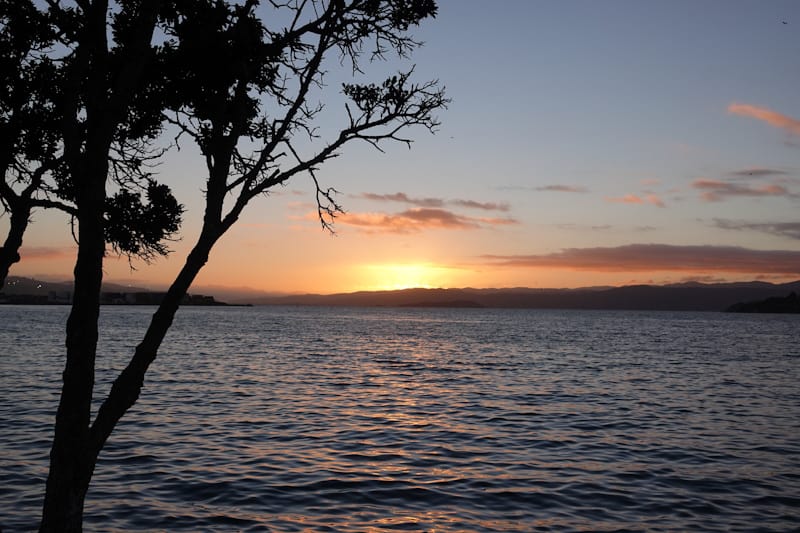We all know that climate change is impacting the world – what isn’t always clear is what exactly may be impacted close to home. This is a particularly difficult question to answer in the southern hemisphere. More studies have been dedicated to describing and predicting change in the northern hemisphere than the southern hemisphere.
Even fewer studies have focused on Aotearoa New Zealand. Our high proportion of endemic species with small populations and limited ranges means that measuring and predicting change is essential for finding ways to preserve and protect our unique species and ecosystems.
We’re fortunate that a group of researchers from the University of Auckland and NIWA have created a comprehensive review of reported impacts of climate change on species and ecosystems in NZ.
To construct this review, they pulled together all scientific papers that have addressed the local impacts (both measured and predicted) of climate change, from ocean acidification to the spread of pest species and thermal squeeze in the alpine zone. They synthesised the key findings of these papers into three sections (1) coastal and marine environments, (2) freshwater ecosystems and (3) terrestrial ecosystems.
Each section includes a summary of overall trends in each realm and a few examples to illustrate these trends. This is complemented by a comprehensive table of specific climate change impacts in each realm. Each table is organised by the species or ecosystem impacted by a given climate change process. The type of evidence (field observations, manipulative experiment, modelling etc.) and a list of references is provided for each item. These tables alone contain a wealth of invaluable information for climate change researchers.
We could summarise the measured and predicted impacts of climate change in each realm, but this is done so well in the paper that really, you should just read it yourself. Or at least read the section that talks about your area of interest.
What we will summarise is the authors’ list of unknowns, or critical gaps in the research. The unknowns they identify are:
- The biocultural relationships with ecosystems, particularly with respect to access and monitoring of Māori food (mahinga kai) and other resources.
- The impacts of climate on ecosystem processes (such as carbon uptake and storage).
- The impacts of extreme events in terrestrial, marine and freshwater systems, particularly floods, storms, droughts and fires for terrestrial and freshwater systems and heatwaves in marine systems.
- The vulnerability of rare ecosystems to a range of impacts, including extreme events and sea level rise, as many of our endemic species are found in rare systems.
The authors hope that by identifying these gaps researchers may start to fill them – giving us an understanding of what is needed to restore and maintain our ecosystems so they are resilient in the face of climate change.
Congratulations to Linda Keegan, Richard White and Cate Macinnis-Ng for creating this particularly useful review of what we know – and don’t know! – about the measured and predicted impacts of climate change in New Zealand.
This research was funded by BioHeritage National Science Challenge as a stand-alone project. You can read the full article here.
